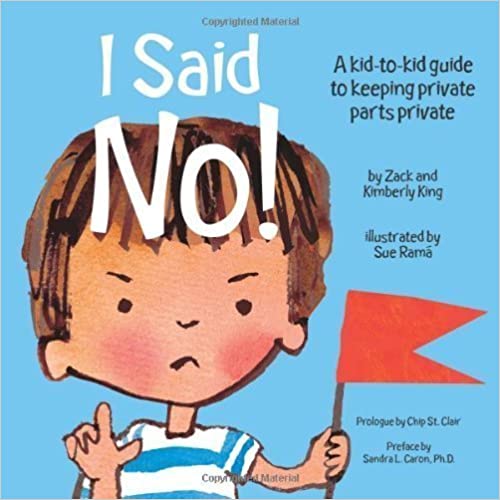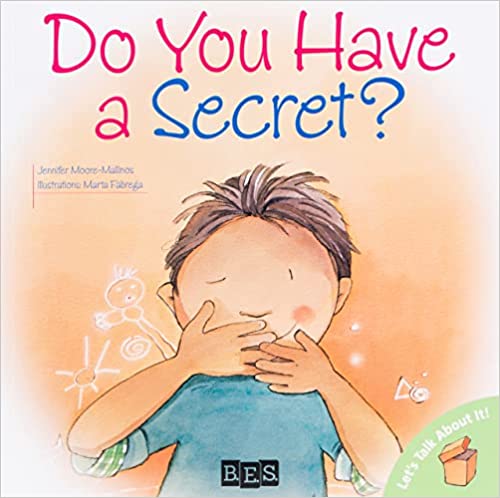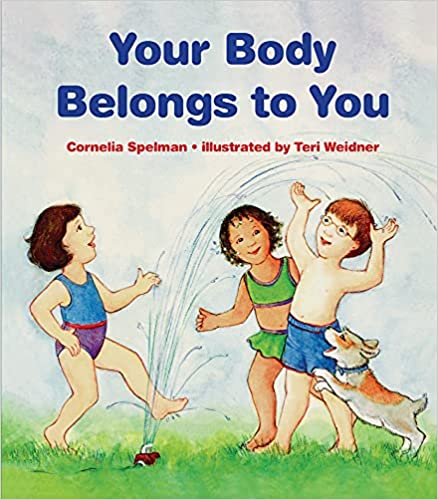More than half the world’s children, up to 1 billion, endure violence every year. Violence comes in many forms — including abuse, neglect and exploitation — and can be physical, sexual or emotional. Violence against children not only harms children, but it also undermines progress in other areas, including health, education and economic livelihoods.
To learn more, we recommend these books to caregivers:
Protecting Children Online
Keep it Open – Keep the computer in a family room or other high-traffic area. Kids are a lot more likely to keep up safe habits when there is a sense of accountability.
Use Parental Controls – Your operating system has built-in parental controls. Windows 7 has a number of useful and easy to use controls that can help you control which programs your children can run, restrict what rating of games they can play (or restrict certain games altogether), filter web content, and even control the days and times your kids can access their account.
Communicate – One of the most important things is to communicate with your children about what they’re doing online. Start the conversation by asking about their interests. Discuss these things with them regularly so they know you are available and have an open mind. Kids need to know that you won’t freak out and stop them from going online if something happens. You may not be able to protect them from everything, but you can teach them how to make responsible choices when they encounter a problem.
Set Limits – Kids are web-savvy these days, and if you listen to them tell it, a connection to the internet is vital to their continued well-being. Set clearly defined limitations on web-enabled devices, including cellphones, game systems, and computers. Limiting the time they spend attached to a mobile-enhanced device can help kids distance themselves from what occurs online
Educate You & Your Child – NetSmartz is NCMEC’s online safety program. It provides age-appropriate videos and activities to help teach children to be safer online with the goal of helping children to become more aware of potential online risks and empowering them to help prevent victimization by making safer choices on- and offline.
NetSmartz classes cover internet browsing, social media, and texting. Today, kids do much more classwork online. These presentations make use of online resources, videos, and expert tips to educate, engage, and empower children and adults to be safer on and offline.







